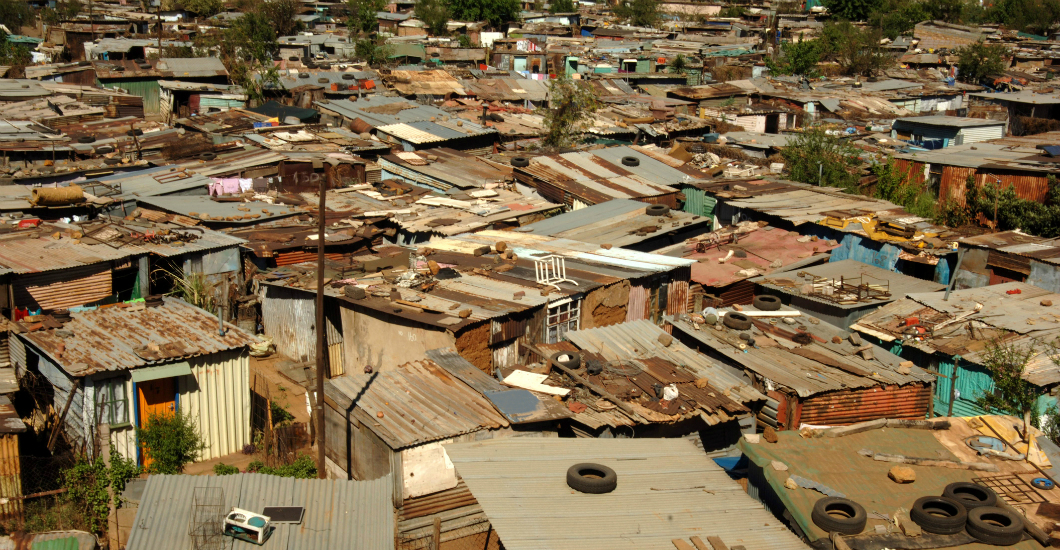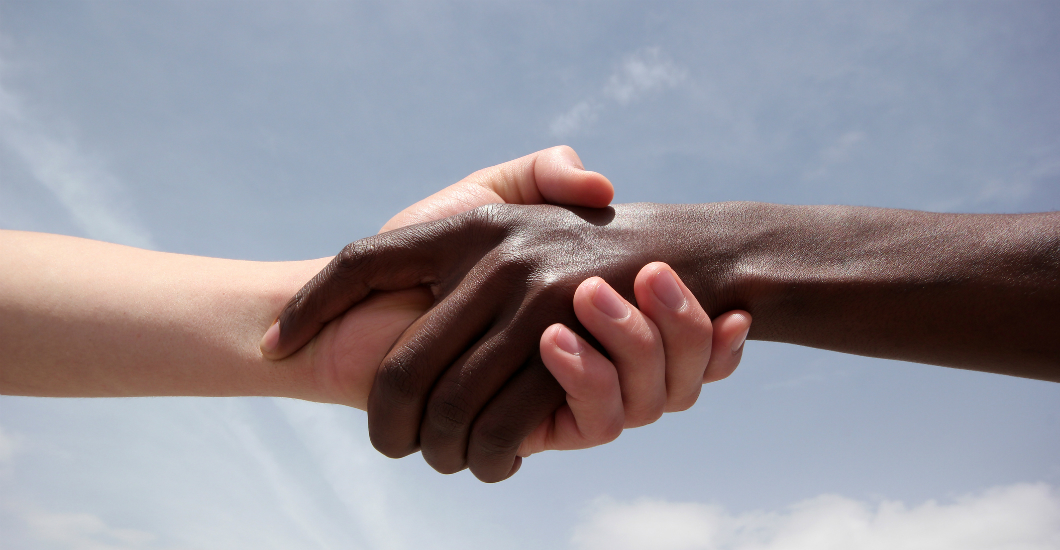- Home |
- Search Results |
- Why I write about refugees and immigration
Why I write about refugees and immigration
At the age of 21, Beverley Naidoo was exiled from her home country of South Africa for campaigning against apartheid. Beverley went on to become an author, using her own experiences to write stories about refugees and racism.
Can you imagine suddenly having to leave your home... your town... your country? Imagine you have to leave your family too... and, by the way, you don’t have a passport.
You might shout, “Stop! I’m only a child! This is crazy!”
I agree with you. It’s madness. But it happens... a lot.
Twenty years ago, after Puffin published No Turning Back (now one of Penguin’s Originals), I decided to set my next novel here in Britain. I knew immediately that my main characters would be young people seeking safety... asylum...refuge. Inside their heads, they would carry the world from which they had fled. At the same time, they must face a new, unknown world, on their own.
I should tell you that when I was 21, I had to get away from the country where I was born, South Africa. It was Britain that gave me a home. I was no longer a child and I had made choices that led me into exile. I was lucky, however, because my dad’s father came from Cornwall – and I had the papers to prove it – so I was allowed to enter quite easily.
I was also lucky because I met people who were kind and who welcomed me. They wanted to know more about South Africa and its terrible system of racist ‘apartheid’. They asked about my brother and friends who were in jail with many other ‘political’ prisoners who wanted equality and justice in our country.

'But what if I hadn’t been welcomed with kindness? What if racism and hateful words had been thrown at me? What if I had been a child flung into a new world far from home?'
Like a detective, I began at the Refugee Council in London. I was shocked to hear about children who were locked up in British jails because they had arrived without proper papers. I knew about black South African children in prison because they had protested against apartheid. But this was Britain... and hadn’t we signed the United Nations Convention on the Rights of the Child?
Among many letters about The Other Side of Truth, I shall never forget the children who wrote to say their school in Glasgow would soon be receiving asylum-seekers. They told me: “Our teacher and most of the class were almost crying at the end of the book.” They made me hopeful that they and their school would be welcoming to the newcomers.
